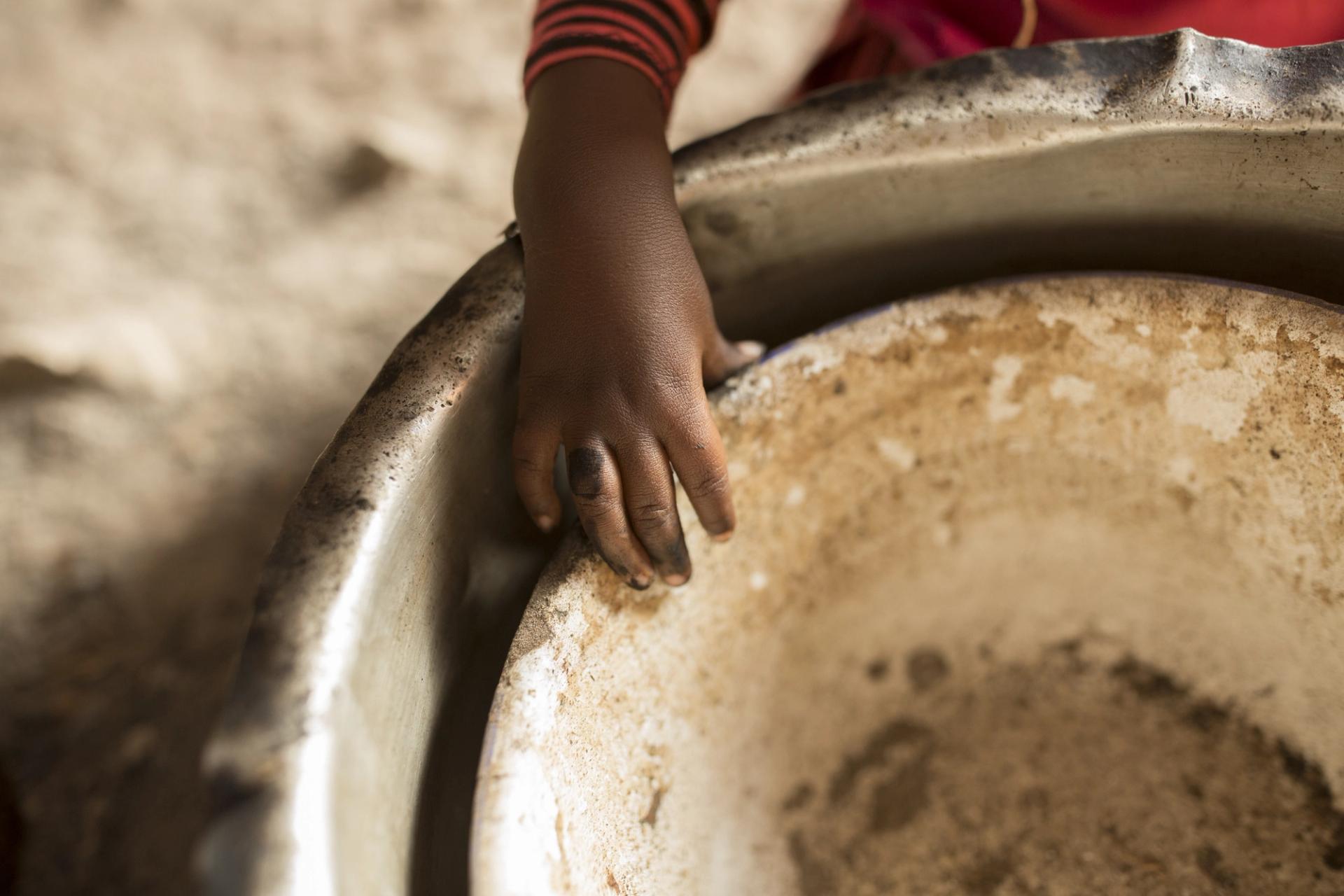What is the effect of nutrition on child growth and development?
11 February 2018
•By Larissa


Nutrition plays a important role in a child's growth and development. Malnutrition, starvation, wasting, malnourishment, stunting, undernutrition … these are all terms that describe the impact of not having enough food, not having enough of the right foods or even, in the case of obesity, having too much of the wrong foods. The World Health Organisation says 45 per cent of deaths among children under the age of five in low and middle-income countries can be directly linked to undernutrition; a lack of essential vitamins, minerals and nutrients. This may be caused by a diet poor in nutrition, with only a limited variety of food products available. It may be a direct result of food shortages – such as when crops fail due to extreme weather events, the terrible consequences of which unfolded in Africa in 2017 . Unsafe or contaminated water sources, which result in diarrhoea, can cause young children to lose weight rapidly, potentially leading to extreme malnourishment and death. Undernourished mothers are also more likely to give birth to babies who are underweight, which can result in an intergenerational cycle of undernutrition.
